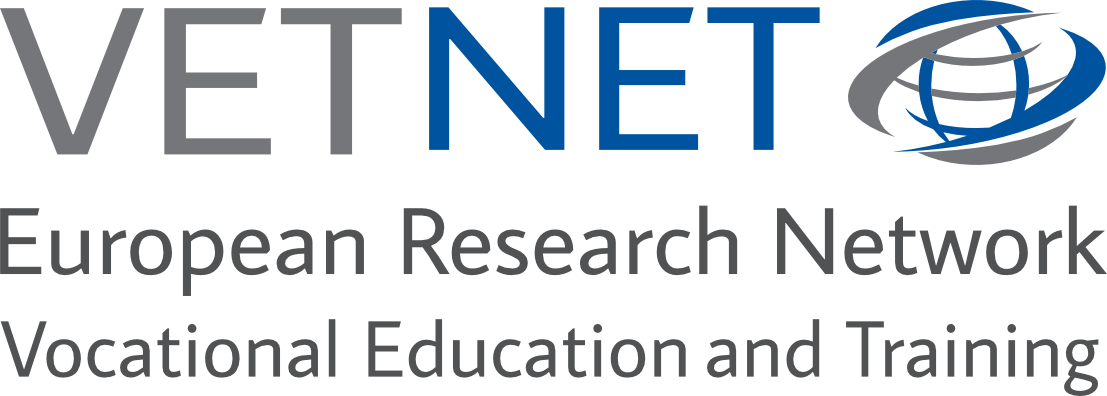Training Patterns of German Companies in India, China, Japan and the USA: What Really Works?
DOI:
https://doi.org/10.13152/IJRVET.3.2.1Keywords:
Company Training, Transfer of VET, Policy Borrowing in VET, China, India, Japan, USA, Germany, Vocational Education and TrainingAbstract
The transfer of vocational education and training (VET) systems is currently the subject of lively international debate, but there has so far been very little documentation of the process or analysis of how such transfers are achieved in practical terms. This paper therefore considers the potential for transferring Germany's "dual" vocational training system to German subsidiaries abroad, specifically in China, India, Japan and the USA. Using the EPRG typology as a theoretical framework, the paper systematises the range of training strategies deployed by German subsidiaries. It analyses the findings of interviews with training officers and Directors of Human Resources in more than 40 German subsidiaries abroad. These interviews show clearly that local factors in the host country exert such a strong influence that it is not possible completely to transfer the German VET system to another country. What is more likely is that an accommodation is reached with local VET structures, local labour market conditions and other socio-cultural features. The findings suggest that policy borrowing in the area of VET is likely to be only partial and will be strongly influenced by the national characteristics of the host country.
Downloads
Online First / Final Publication Date
How to Cite
Issue
Section
URN
License
Copyright (c) 2016 Matthias Pilz

This work is licensed under a Creative Commons Attribution-ShareAlike 4.0 International License.





